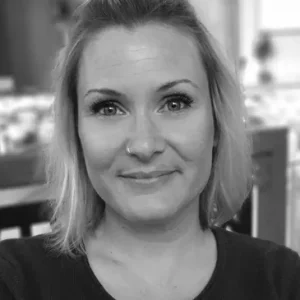
How Our Parents Influence Our Choice of Partners
How Our Parents Influence Our Choice of Partners Our parents play a crucial role in shaping who we are, from our personalities to our preferences. It’s no surprise, then, that they also have a significant impact on our choice of romantic partners. This influence, often subconscious, can manifest in various ways and stem from different aspects of our relationships with our parents. In this blog post, we’ll explore the complex ways in which our parents influence our partner choices and what this means for our relationships. The Psychology Behind Parental Influence Attachment Theory Attachment theory, developed by psychologist John Bowlby, suggests that the bonds we form with our primary caregivers (usually our parents) in childhood significantly impact our adult relationships. This theory proposes that we develop attachment styles based on our early experiences, which then






